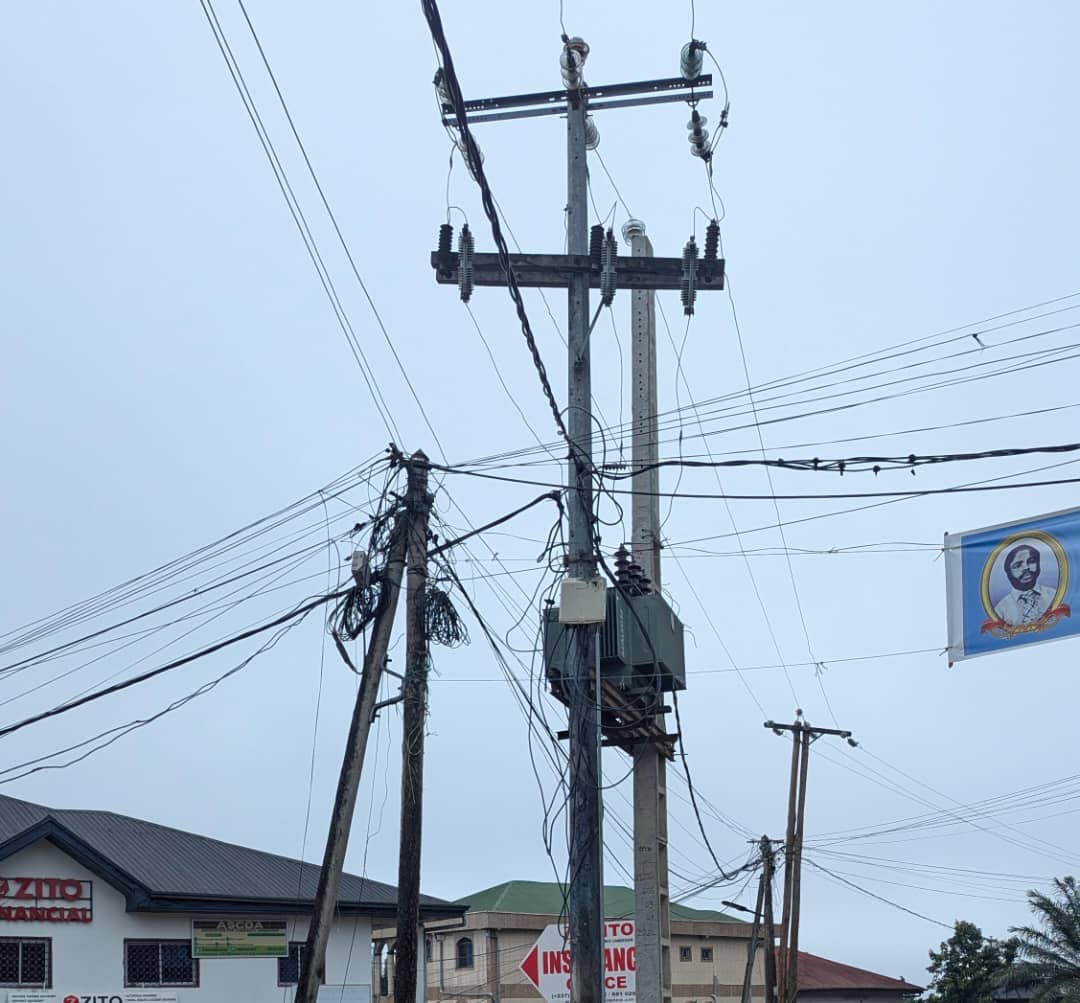Eneo Cameroon, in one of its dispatches to customers in Buea, the Regional Capital of the Southwest region, revealed that between January and May, the company lost a total of seven electricity transformers due to illegal connections and unauthorised line-switching, which the company says overloads and destroys its installations.
As a result of this, alongside other challenges, frequent power outages have become a norm in Buea and the Southwest Region as a whole, leaving residents frustrated and businesses struggling to stay afloat.
In one of its several dispatches, the electricity distribution company sounded the alarm on the dangers of the now rampant illegal activities, warning that they not only overload transformers but also cause prolonged power outages, endangering lives and destroying electrical infrastructure.
The company has identified illegal connections as a major setback, which overload transformers and cause them to blow. Eneo says the malpractices not only disrupt the power supply but also put the entire electrical system at risk.
On unauthorised line-switching, the company said that when individuals tamper with electrical lines during outages, it can lead to electrical fires and damage equipment. The company also decried the use of unqualified technicians by customers, saying that the mishaps caused by these technicians also add to the problem.
It also called on users to report illegal connections and unauthorised line switching to either law enforcement or to eneo through their toll-free numbers.
Shared Blame?
Though Eneo has heaped all the blame on the malpractices and illegal activities of users and unauthorised technicians, the electricity distributor also shoulders some blame, given its slowness in responding to power outages or reported disruptions. In Buea, like most places around the Southwest and the rest of Cameroon, it takes days, weeks and sometimes months for situations to be rectified. Within such periods, businesses crumble, and household foods and other items in the fridges and freezers go to waste. Many offices located in such areas often temporarily shut down too.
In cases of some phases failing, it often takes a lot of time for the issue to be rectified, and sometimes, customers and users seeing other households connected often then go on to switch to such a line in order to be connected and prevent their food and businesses from incurring huge losses. However, this becomes a problem when such lines are then overloaded beyond capacity, which causes them to fail too.
By Andrew Nsoseka

